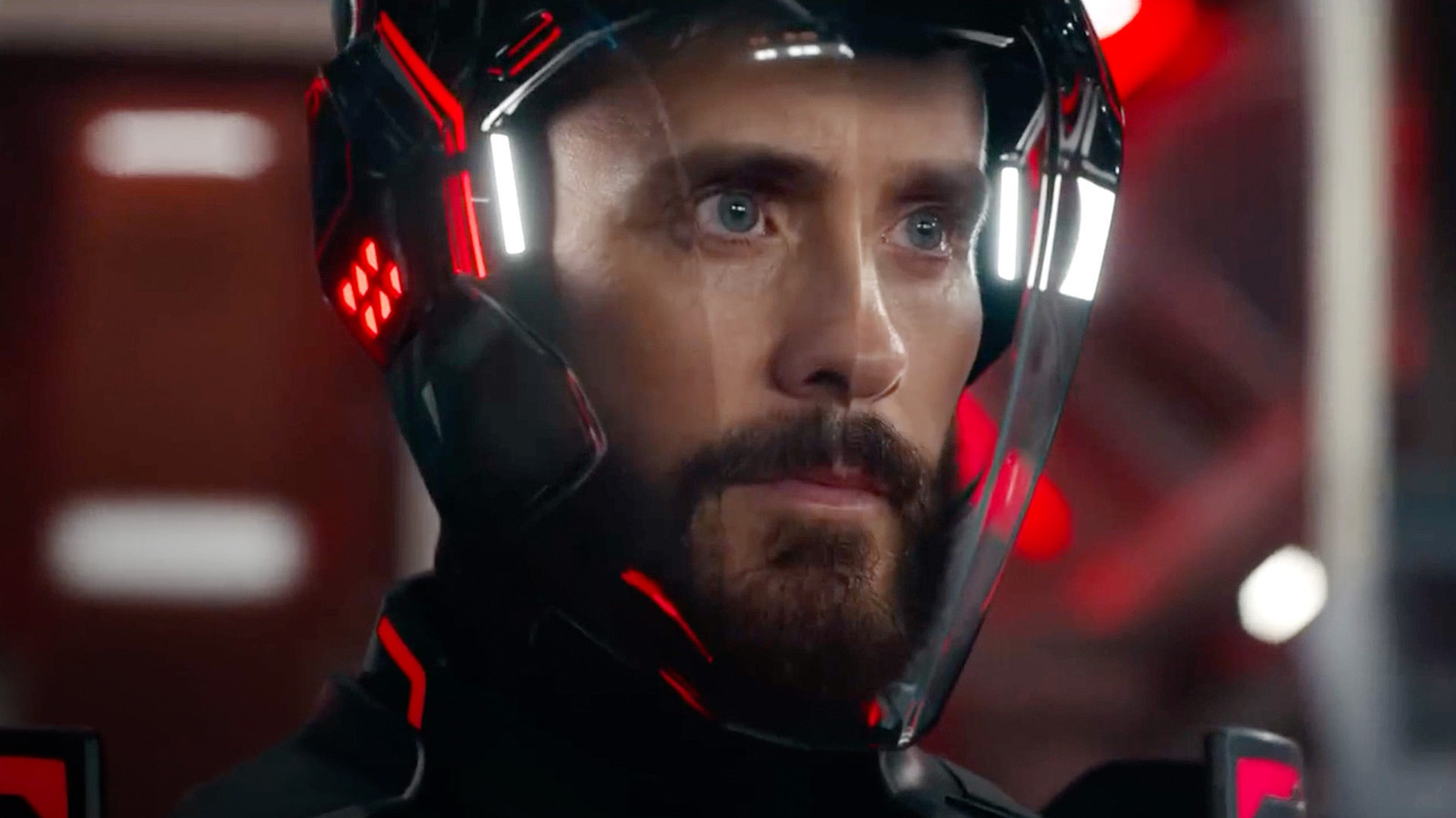Useful information
Prime News delivers timely, accurate news and insights on global events, politics, business, and technology
Useful information
Prime News delivers timely, accurate news and insights on global events, politics, business, and technology

Thematically speaking, “Tron” was years ahead of its time when it premiered in 1982, anticipating the debates we are plagued with today regarding artificial intelligence, curating our digital identity, data privacy, and the growing influence of tech giants outside of the tech sector. More significantly, it was cinema’s first serious attempt to visualize the digital realm, then called “cyberspace” but now probably more commonly known as “the metaverse.” Its wireframe landscapes and black-and-neon palette may seem like retro-futuristic kitsch, but the film’s visual language has proven remarkably durable, inspiring countless imitators and earning its place as a milestone in the evolution of digital world-building on screen.
And it worked, because the original “Tron” and, to some extent, 2010’s “Tron: Legacy,” are films that embody the mysterious and sometimes confusing landscapes of technology, albeit when the general public had no idea how it worked.
Now, in 2025, when “Tron: Ares” hits theaters, it’s during a time when babies know how to find their favorite show by clicking on pictures in apps on an iPad, and we have people suffering from ChatGPT Psychosis into full-blown romantic relationships with AI companions. Reviews have been mixed about the effectiveness of “Tron: Ares,” and there has been much discussion centered on Jared Leto’s apparent box office poison, but the fact that our collective understanding of technology has “catched up” to “Tron” certainly complicated things, especially when it comes to artificial intelligence. According to screenwriter Jesse Wigutow, it directly influenced the way the “Ares” script took shape.
Jesse Wigutow has been on a journey with “Tron: Ares” for the past 13 years, and even in that time, our relationship with AI has changed considerably. “When we started, there was this concept of an ‘AI program with a very specific purpose that challenged that purpose,’ but at the time, AI was being pursued a lot, but more in the research space,” Wigutow tells me. “And I’m sure there are things that I wasn’t aware of at the time that were happening, but they weren’t in the public sphere in any way, shape, or form like they are today.” Researchers have been experimenting with AI as far back as the 1950s, but what the average person thinks of “AI” today is the generative technology that has emerged in the last five years.
“It’s about the idea of people having full relationships with their AI peers, and that didn’t exist 13 years ago,” Wigutow explains. “On one level, we’ve had to pursue the technology in a way that we didn’t really anticipate – or I didn’t anyway, maybe some of the producers did – and the kind of explosive growth that occurred.” This meant that taking a Program and positing it as something in the future no longer seemed like a possibility of something existing perhaps 50 years in the future, but rather something that seemed possible to exist three minutes in the future. “In a way, I hope that makes the movie and the character more relatable in a way that I don’t think we expected,” Wigutow adds.
The central focus of “Tron: Ares” is the main character of Jared Leto, a Master Program who questions his programming and wishes to join the land of mortals. If the story sounds familiar, it’s because stories about humanizing robots and sentient technology have become quite popular in recent years (for example, the “AI bride” trend), and those stories probably wouldn’t exist if the original “Tron” hadn’t already served as a model. When I ask Wigutow if that made things difficult when he was writing “Tron: Ares,” because he now had to consider how many movies have been built around the source material it was based on, he tells me it’s a reality he couldn’t ignore.
“You want the best story, but those themes, the conversations are very much part of the development and the questions of free will versus your genetic coding (in this case, programming) and where does control ultimately come from? Who is in control? That’s certainly an idea,” he says. This is also a fascinating direction in which to explore AI, not unlike the micro-budget approach of Franklin Ritch’s “The Contrived Girl.”
“However, I think what really interested me the most, and was more of a guiding light and kind of a torch as we went forward in developing this, is what makes someone or something human? How do you define what that is? Could it be that artificial intelligence can teach us something about our own humanity and vice versa?” Wigutow adds.
Whether or not “Tron: Ares” manages to answer these questions is up to the viewer. The film is currently showing in cinemas around the world.